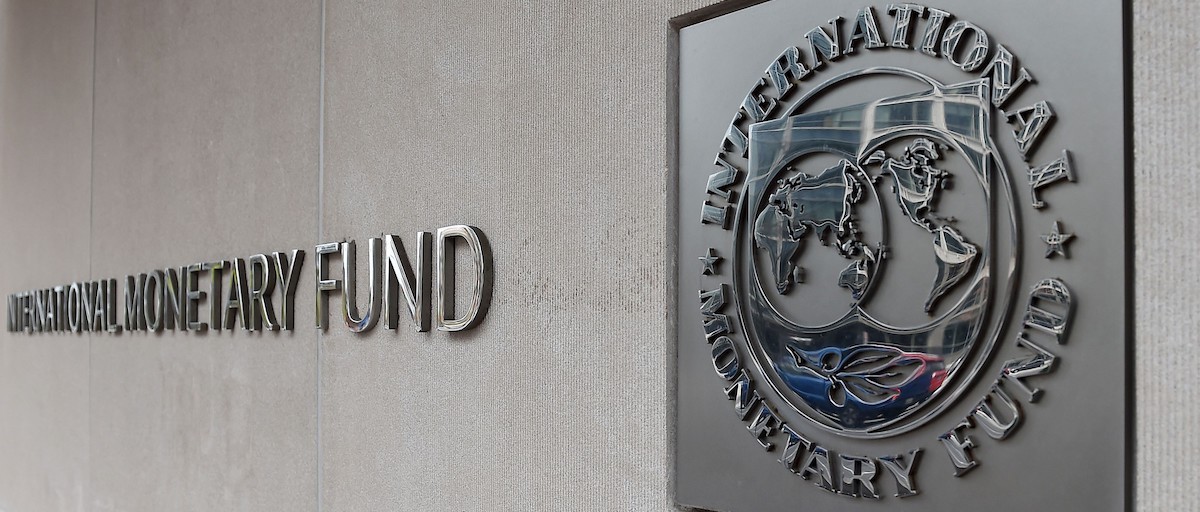‘US$1bn IMF stimulus hastens recovery drive’
A US$961 million pandemic stimulus injected by the Intrenational Monetary Fund (IMF) into the Zimbabwean economy last year will be the nerve centre driving recovery in an economy that has been tormented by currency jitters since 2019, according to insurance group, First Mutual Limited (FML).
FML inflation adjusted highlights for 2021
2021 2020
Gross Premium Written 14 351 063 9 569 302
Net Premium Earned 10 950 373 6 720 506
Rental income 599 540 414 424
Investment income 2 509 904 557 471
Fair value gains on investment property 7 111 988 5 246 177
The windfall was Zimbabwe’s share of a US$650 billion global package released in August to restart economies following a bloodbath instigated by the COVID-19 scourge, which tore through the planet in 2020.
It came onto the scene as Zimbabwe was descending into fresh chaos following prolonged economic mismanagement, which has destroyed infrastructure and companies.
The Zimbabwe Stock Exchange-listed FML sees government deploying the package into planned infrastructure projects, thereby stimulating the failing economy.
“The Ministry of Finance and Economic Development is projecting that the economy will recover, with growth projections of 5,5% in 2022 led by infrastructural development as well as increases in the output of the major sectors for the economy including mining and agriculture,” FML chairperson Amos Manzai said as he shared the 2021 financial statements with investors.
The group’s year ends on December 31.
“The International Monetary Fund’s allocation of Special Drawing Rights to mitigate against the impact of COVID-19 will enhance recovery prospects for the country. The group will take advantage of its diverse business portfolio, existing and new strategic partnerships, as well as its regional footprint to galvanise a sustained growth trajectory in the future,” he added.
Finance minister Mthuli Ncube in September said the windfall would be guarded by three top bankers, who will report to President Emmerson Mnangagwa monthly.
Sectors hardest hit by COVID-19-induced lockdowns will receive maximum attention as Ncube and his team work to revive an economy that slowed by 4% as the pandemic ripped through the country in 2020.
Write downs in the key tourism industry hit US$1 billion, the biggest such fall in 40 years.
But as Harare struggles to access international credit to reboot its stuttering economy due to its high-risk profile, the IMF intervention came as a timely boost.
However, concerns have been raised over the country’s ability to deploy the funding to productive use, given high-level corruption.
Ncube said a plan on how to spend the money was already in place, with the social sector, productive sectors and infrastructure programmes among the most immediate recipients.
“We received just below US$1 billion in SDRs, so as I speak, because we haven’t used a cent at all, they just count as reserves. So in principle we have about US$1 billion which is supporting reserves and obviously, as we draw down, we use that on development,” the Treasury boss said. “But whatever is unused still remains to be accounted for as part of the country’s reserves.
“SDRs are accounted for as reserves so at any point in time we are supporting the reserves build-up agenda. But over time we will obviously invest in these development projects only up to a point where then the remainder is kept behind in SDR form to bolster our reserves and any other contingency funding required in the future.”
To ensure transparency and accountability, the government has formed an implementation committee chaired by Ncube, a banker; Finance ministry secretary George Guvamatanga, a former Barclays Bank managing director and Reserve Bank of Zimbabwe governor John Mangudya.-herald.co.zw










